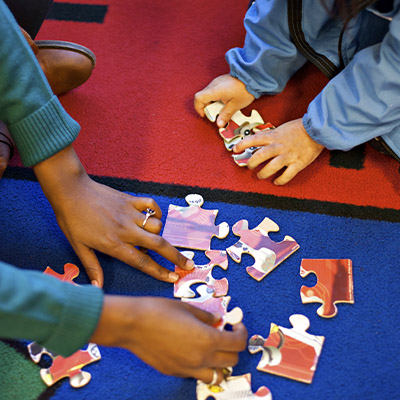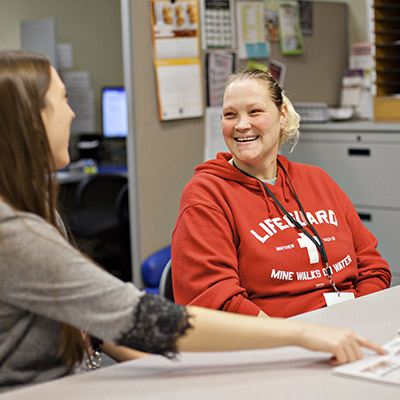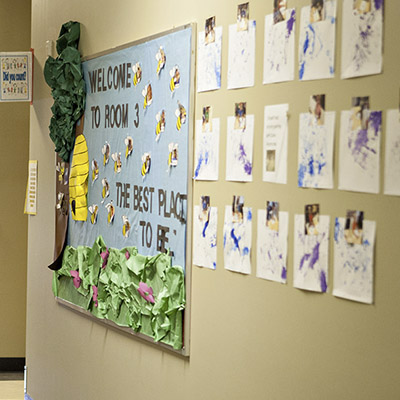Parent and family engagement is linked to children’s success in kindergarten and beyond. As parents and families of Head Start children, there are many ways for you to become involved and stay engaged in the program, and in your children’s education and future. We value parents and know that ultimately you will have the biggest impact on your child as their first teacher.
Did You Know…
Research shows that children whose parents are involved in their education do better in school. Getting involved at the preschool level will prepare you to be active once your children enter elementary school, middle school, and high school. Schools need parent and family involvement to succeed just as much as your children do.
Attend today, Achieve tomorrow
Good attendance helps children do well in school and eventually in the workplace.
- Good attendance matters for school success, starting as early as prekindergarten and throughout elementary school. By middle and high school, poor attendance is a leading indicator of dropout. Developing the habit of attendance prepares students for success on the job and in life.
- Too many absences—excused or unexcused—can keep students from succeeding in school and in life.
- Only 2 days a month adds up to 18 missed days for the year, which is more than three full weeks of school! This also accounts for 10% of the school year and can knock students off track for success as they slowly fall behind.
Taken from www.attendanceworks.org.
What Can You Do…
To Partner with us at School….
- Visit your child’s classroom; a visit will give you an idea of what your child does at school and how he or she interacts with other children.
- Read your child’s classroom newsletter and discuss the topics with your child.
- Ask your child what their favorite thing at school is and why that is their favorite thing.
- Ask your child what songs and poems they are learning at school.
- Participate in the monthly parent meetings that are offered at your child’s site.
- Participate in parent teacher conferences and home visits to share your observations from home to contribute to your child’s individualized education plan.
- Share your talents, skills and hobbies with your child’s classroom.
- Ask your child’s teacher about any Fatherhood/Male Involvement opportunities.
- Ask your child’s teacher if there is anything you can do:Read stories in the classroom
- Ride the bus as a bus aid
- Volunteer in the classroom
- Go on field trips
- Help out with Parent Meetings
- Assist office staff
- Attend Parent Policy Council
To Partner with us at Home…
Use Positive Discipline: Re-direct your child by explaining what you would like him or her TO DO, and why it is important, instead of simply saying what NOT to do.
- Praise your child when he or she is behaving well
- Focus on telling your child what you WANT them to do
- Say THREE positive statements for every one negative or correcting statement
Provide Language Rich Experiences: Talking to children as they experience the world teacher children vocabulary and shows them how to share thoughts and ideas.
- Name the steps in everyday tasks
- Introduce a new word every day
- Try something new with your child that he or she has never done before!
Establish Family Routines: Consistent family routines strengthen relationships and help children learn to regulate their behavior.
- Eat meals together every day.
- Send your child to school every day, unless sick.
- Put your child to bed by 8:00 pm every night
- Explain the steps in the routine so your child knows what to expect- First, it’s bath time. Second, we’ll read a book. Third, good night kisses. Then lights out, good night!
Read With Your Child: Reading regularly with your child helps them learn vocabulary, learn letters and print, and understand complex concepts told through stories.
- Read a book for at least 20 minutes every day- this will add up to 120 hours in year, 240 over two years, and 600 hours over 5 years!
- Limit your child’s “screen” time to no more than an hour a day- too much television and computer time doesn’t give children time to develop their imagination or engage in self-directed play.
Taken from www.acelero.net




